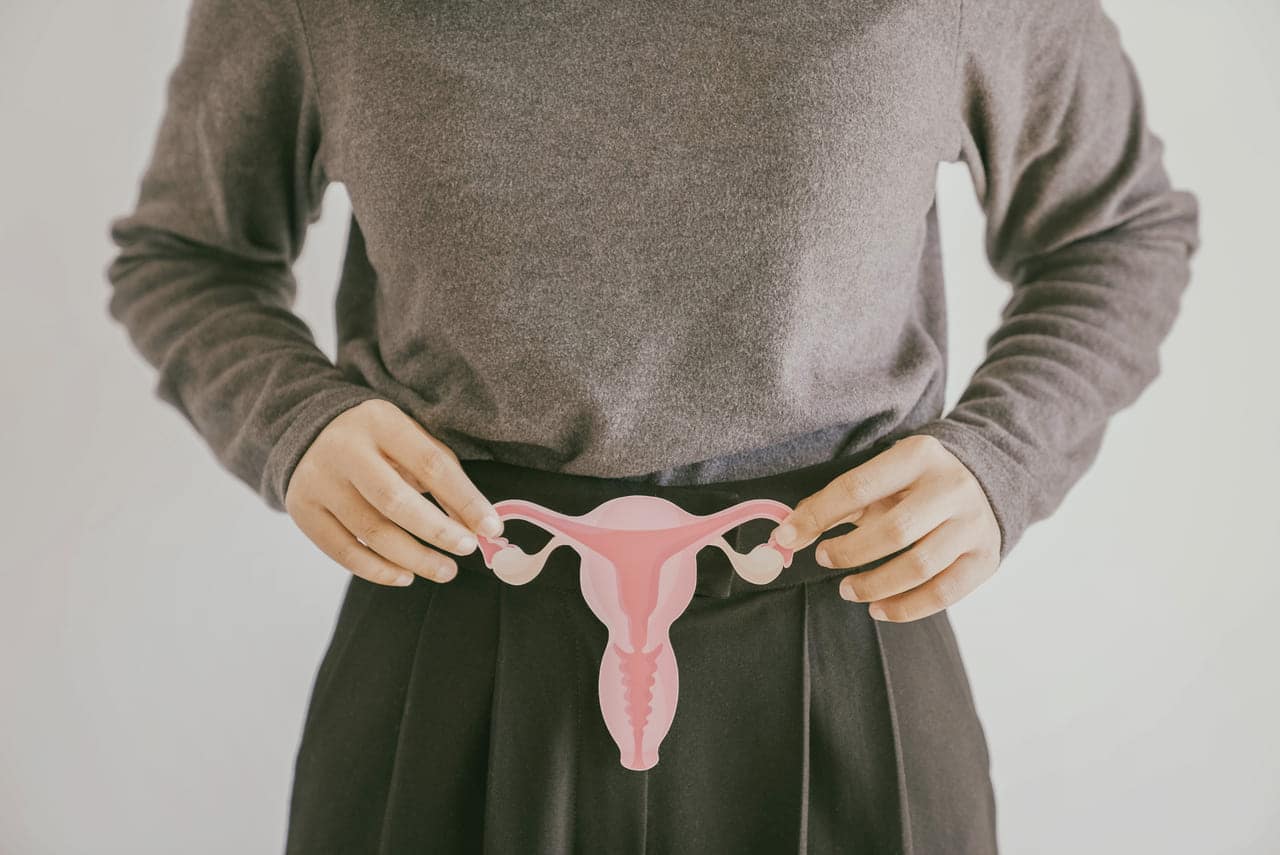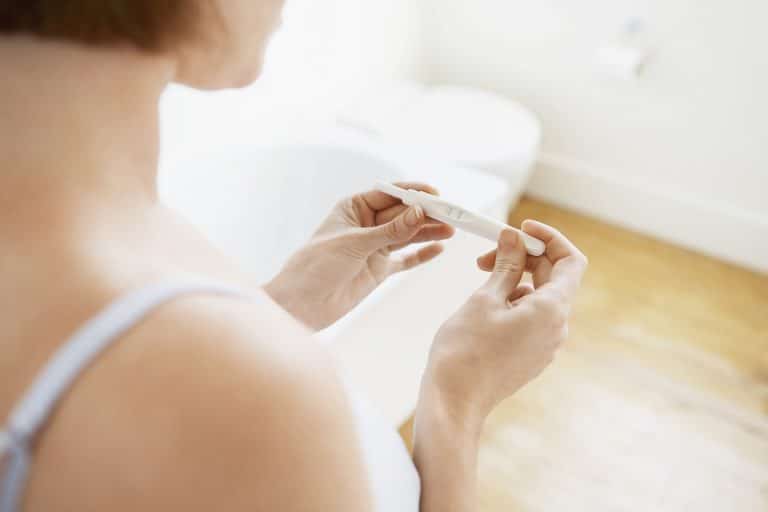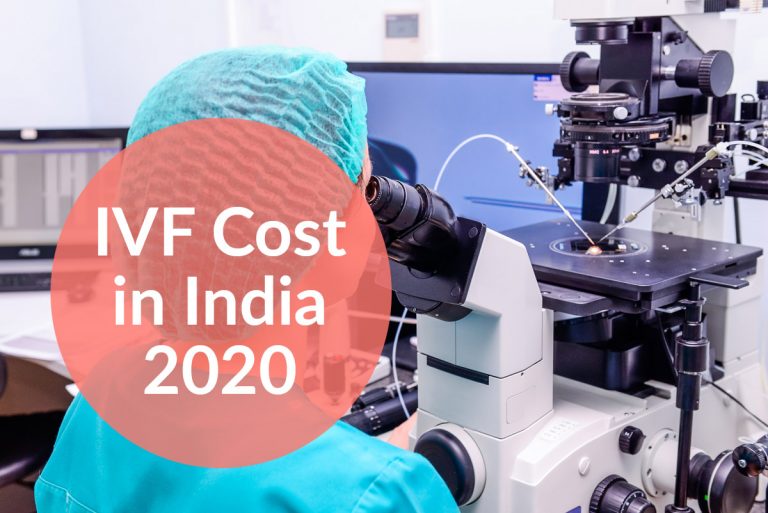Are you a woman with polycystic ovary syndrome, or PCOS? If so, then you know the frustration of trying to manage its many symptoms. From hormonal imbalances and irregular periods to acne and fertility issues, it can be extremely challenging for those who suffer from this condition. Thankfully, there are some tips and tricks that can help make managing PCOS less daunting – but first you need to understand what type of PCOS you have! In this article we’ll look at the four types of PCOS as well as best practices for managing them effectively.
In This Article
What Do We Know About PCOS?
PCOS refers to Polycystic Ovary Syndrome. It is a hormonal disorder in women that causes enlarged ovaries surrounded by cysts on the outer edges. This condition is characterized by the excess production of the male hormone called androgen that causes unusual symptoms and complications. PCOS is a very common disorder among women of a reproductive age. Doctors suggest that the main causes of PCOS are not properly known but a few environmental and genetic factors could be responsible.
Causes of PCOS
Excess Androgens- PCOS development is linked to the presence of excessive production of the male hormone, androgen. Androgens have an ability to interfere with the normal cycle of ovulation that results in irregular or delayed production of eggs in the ovaries resulting in infertility.
Insulin Resistance- Insulin plays a vital role in managing the blood sugar level in the body. In some women the cells start developing a resistance to insulin that raises the blood sugar level. To bring it down the body starts producing excessive amounts of insulin, this overspill of insulin in the body results in excessive production of androgens that result in the development of PCOS.
Heredity- A few researches suggest the development of PCOS linked to the patient’s family history.
What Are the Symptoms of PCOS?
There are several symptoms of PCOS disorder. If you have PCOS you might be experiencing some of these symptoms:
- Abnormal, absent or irregular menstruation.
- Infertility or difficulty in conceiving.
- Excess production of androgens also known as Hyperandrogenism.
- Weight gain or obesity.
- Acne on the face and other parts of the body.
- Depression and mood imbalance.
- Dark patches on the skin.
- Thinning of hair.
- Oily skin and hair.
The 4 Different Types of PCOS Disorders
Do you know that there is an alarming number of women who are being diagnosed with PCOS everyday, and that there are around 4 types of PCOS disorder? Now before you work on treating this disorder, you should first thoroughly know what type of PCOS you have.
Insulin Resistance PCOS Disorder
According to most doctors, insulin resistance PCOS is very common among women and makes up for around 70% of the cases. The cells start developing a resistance to insulin that results in a condition called insulinoma. This condition gives a rise to the development of PCOS disorder. Insulin resistance symptoms of PCOS include severe sugar cravings, weight gain around the abdominal area, fatigue and exhaustion.
Treatment
- Exercise regularly to bring down the sugar levels naturally.
- Eat a proper and balanced diet consisting of all the essential nutrients.
- Maintain a proper sleeping schedule by following a minimum 8 hours of sleeping cycle.
- Avoid stressors and unhealthy foods.
- Follow your doctor’s advice.
Post- pill PCOS
This type of PCOS occurs when a woman stops taking the oral contraceptive medication. Synthetic progestins present in these pills are generally responsible for causing this type of PCOS disorder. When the effect of the medication withdraws from the body, the ovaries become hyperactive that increases the risk of developing PCOS symptoms. This is however a temporary condition in most cases and will go away with time.
Treatment:
Reduce Stressors- One of the first steps to reduce the effects of post pill PCOS is by keeping stress at bay. Stress can significantly worsen any condition so it is very important to eliminate factors causing stress in your life and focusing on mental peace.
Patience- You should always remember that this condition is temporary and will go away with time. Never take any health related decisions in a haste and wait for time to work its magic.
Eat a Healthy Balanced Diet- Eating a healthy and balanced diet consisting of all important nutrients is important to heal the body. A healthy diet will produce enough healthy enzymes that will help to fight diseases.
Consult Your Doctor- If the condition does not naturally go away with time, you can definitely consult a doctor for expert advice.
Adrenal PCOS
Who would have thought that stress could be responsible for causing disorders like PCOS? Yes! You read that right, stress is one of the factors to be blamed for the development of PCOS. When the body shows an abnormal response to stress, the development of symptoms of PCOS arise. Noticeable indicators are high levels of DHEA and cortisol.
Treatments:
Reduce Stressors- For maintaining this type of PCOS it is very important to reduce the levels of stress. Involve yourself in activities like yoga and meditation that have proven effects on reducing stress levels.
Distract Yourself- The best way to reduce stress is by getting yourself involved in activities that take your mind off things that give you stress. Try a new hobby, spend time with loved ones, involve yourself in learning new languages or simply do anything that gives you peace of mind.
Consult Your Doctor- You should consider talking to your doctor if the symptoms of PCOS related to stress are progressing day by day. They will suggest to you the required treatment and medication needed.
Inflammatory PCOS
Chronic inflammation is the main cause for inflammatory PCOS. Inflammation causes the body to produce excessive levels of testosterone that results in the development of symptoms of PCOS. Marked indicators include headaches, unexplained fatigue and exhaustion, skin issues like eczema, joint pains and bowel syndromes like IBS.
Treatment:
Improve the Gut Health- Improve the health of your gut by ingesting gut friendly enzymes in your food and avoiding food that might trigger inflammation.
Include Natural Anti Inflammatories- Natural anti-inflammatories such as omega 3 fatty acids, turmeric and antioxidants help in keeping chronic inflammation at bay and improves overall health.
Consultation- Consult your doctor for an expert guidance and treatment of inflammatory PCOS.
With proper care and consultation from your health care expert, the effects of PCOS can be reversed and cured within no time. You should maintain a positive mindset and follow your doctor’s advice for the achievement of your health goals.











